
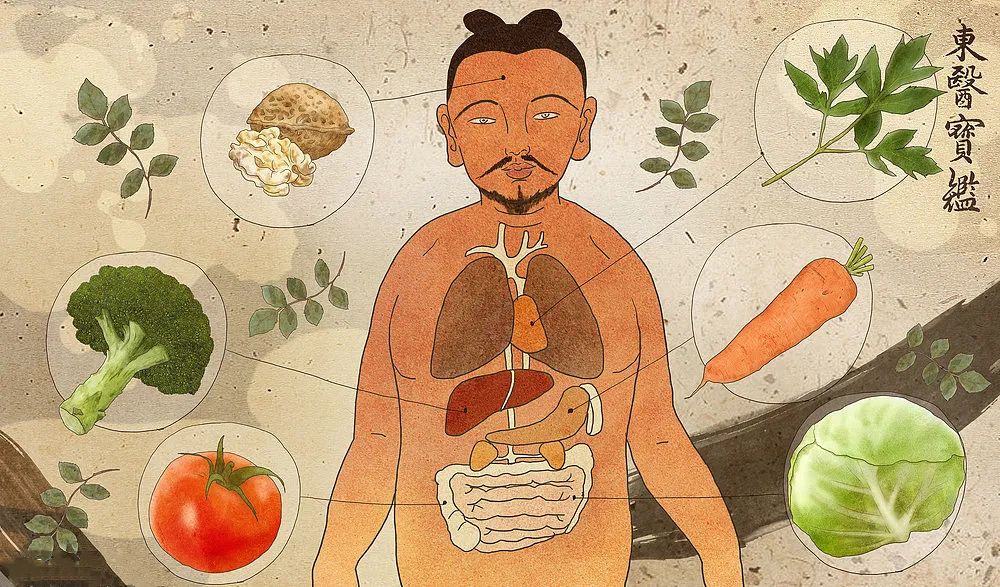 In Traditional Chinese Medicine (TCM), the five fluids—tears, sweat, saliva, nasal mucus, and saliva—correspond to the five organs. This is explained in detail in the “Su Wen: On the Five Qi” where it states: “The five organs transform fluids; the heart corresponds to sweat, the lungs to nasal mucus, the liver to tears, the spleen to saliva, and the kidneys to saliva, which are known as the five fluids.” This means that the state of these fluids can indicate the health of your organs. Are you 100% healthy? 1. Tears: The Fluid of the Liver
In Traditional Chinese Medicine (TCM), the five fluids—tears, sweat, saliva, nasal mucus, and saliva—correspond to the five organs. This is explained in detail in the “Su Wen: On the Five Qi” where it states: “The five organs transform fluids; the heart corresponds to sweat, the lungs to nasal mucus, the liver to tears, the spleen to saliva, and the kidneys to saliva, which are known as the five fluids.” This means that the state of these fluids can indicate the health of your organs. Are you 100% healthy? 1. Tears: The Fluid of the Liver The liver opens to the eyes, and the liver blood and fluids fill the eyes, resulting in tears. Tears can moisten the eyes; if the liver is diseased, it will manifest through abnormal tears. Insufficient tears and dry eyes indicate a deficiency of liver yin and blood, suggesting the need to nourish the liver and blood. Avoid anger and focus on gentle nourishment. Tears flowing in the wind and itchy eyes indicate that the liver meridian is affected by wind evil; one should reduce eye strain and maintain cleanliness, possibly using wild chrysanthemum or mulberry leaves to brew and wash the eyes. Sticky tears and light-sensitive pain indicate heat in the liver meridian; one can use a cotton swab dipped in water to wipe the tear sac several times a day. Avoid spicy and irritating foods, and maintain regular bowel movements to allow heat to be expelled. Elderly individuals with weak qi and blood, or liver and kidney yin deficiency, may experience excessive tearing. It is advisable to nourish the liver and kidneys, tonify qi and blood, enhance nutrition, and moderate sexual activity. 2. Sweat: The Fluid of the Heart
The liver opens to the eyes, and the liver blood and fluids fill the eyes, resulting in tears. Tears can moisten the eyes; if the liver is diseased, it will manifest through abnormal tears. Insufficient tears and dry eyes indicate a deficiency of liver yin and blood, suggesting the need to nourish the liver and blood. Avoid anger and focus on gentle nourishment. Tears flowing in the wind and itchy eyes indicate that the liver meridian is affected by wind evil; one should reduce eye strain and maintain cleanliness, possibly using wild chrysanthemum or mulberry leaves to brew and wash the eyes. Sticky tears and light-sensitive pain indicate heat in the liver meridian; one can use a cotton swab dipped in water to wipe the tear sac several times a day. Avoid spicy and irritating foods, and maintain regular bowel movements to allow heat to be expelled. Elderly individuals with weak qi and blood, or liver and kidney yin deficiency, may experience excessive tearing. It is advisable to nourish the liver and kidneys, tonify qi and blood, enhance nutrition, and moderate sexual activity. 2. Sweat: The Fluid of the Heart The secretion of sweat is physiologically controlled by the heart spirit; for example, when feeling cold, the pores close and no sweat is produced; when hot, such as during exercise or wearing heavy clothing, the pores open and sweating occurs. Abnormal sweating mainly includes spontaneous sweating and night sweats. Insufficient heart yang or qi deficiency leads to spontaneous sweating, indicating the need to tonify qi and yang. Patients with yang deficiency often feel cold and are susceptible to wind-cold, so the indoor temperature should be warm, and they should be nourished and regulated. Qi-deficient patients should pay attention to rest; it is recommended to take 5 jujubes, 30 grams of black beans, and 60 grams of astragalus, decocted in 150 milliliters of water, taken twice daily, while maintaining regular daily routines. Those with insufficient heart yin and blood are prone to night sweats; their diet should focus on gentle nourishment, avoiding spicy foods such as lamb, chili, ginger, and scallions. Night sweat patients often have a hot and dry constitution, so the room temperature should be cooler and more humid. 3. Saliva: The Fluid of the Spleen
The secretion of sweat is physiologically controlled by the heart spirit; for example, when feeling cold, the pores close and no sweat is produced; when hot, such as during exercise or wearing heavy clothing, the pores open and sweating occurs. Abnormal sweating mainly includes spontaneous sweating and night sweats. Insufficient heart yang or qi deficiency leads to spontaneous sweating, indicating the need to tonify qi and yang. Patients with yang deficiency often feel cold and are susceptible to wind-cold, so the indoor temperature should be warm, and they should be nourished and regulated. Qi-deficient patients should pay attention to rest; it is recommended to take 5 jujubes, 30 grams of black beans, and 60 grams of astragalus, decocted in 150 milliliters of water, taken twice daily, while maintaining regular daily routines. Those with insufficient heart yin and blood are prone to night sweats; their diet should focus on gentle nourishment, avoiding spicy foods such as lamb, chili, ginger, and scallions. Night sweat patients often have a hot and dry constitution, so the room temperature should be cooler and more humid. 3. Saliva: The Fluid of the Spleen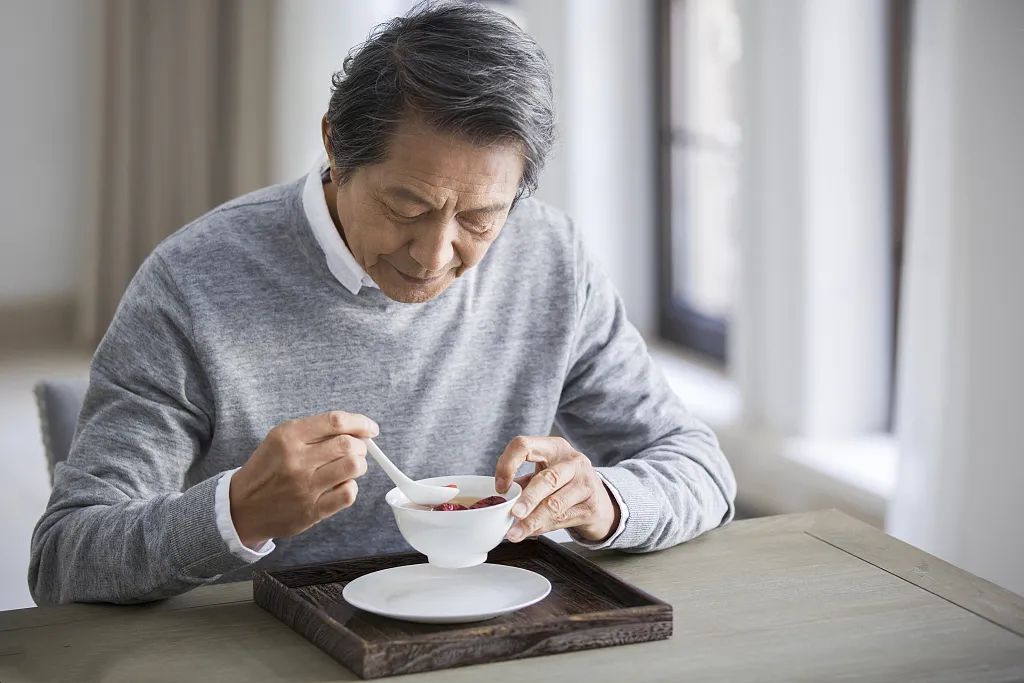 The spleen opens to the mouth, and the spleen’s yin essence is distributed to the mouth, resulting in saliva, which primarily helps dissolve food and aids digestion. Weakness of the spleen and stomach may manifest as a bland taste in the mouth, nausea, and excessive saliva; one should warm the middle and strengthen the spleen. Avoid cold and overly hot foods, apply heat to the stomach area, and consider consuming ginger soup or glutinous rice porridge with several jujubes. Excessive stomach fire may present as dry mouth and reduced saliva; such individuals should avoid spicy and irritating foods, eat more fruits, fresh vegetables, and cooling beverages, and may use ophiopogon and adenophora decocted in water. 4. Nasal Mucus: The Fluid of the Lungs
The spleen opens to the mouth, and the spleen’s yin essence is distributed to the mouth, resulting in saliva, which primarily helps dissolve food and aids digestion. Weakness of the spleen and stomach may manifest as a bland taste in the mouth, nausea, and excessive saliva; one should warm the middle and strengthen the spleen. Avoid cold and overly hot foods, apply heat to the stomach area, and consider consuming ginger soup or glutinous rice porridge with several jujubes. Excessive stomach fire may present as dry mouth and reduced saliva; such individuals should avoid spicy and irritating foods, eat more fruits, fresh vegetables, and cooling beverages, and may use ophiopogon and adenophora decocted in water. 4. Nasal Mucus: The Fluid of the Lungs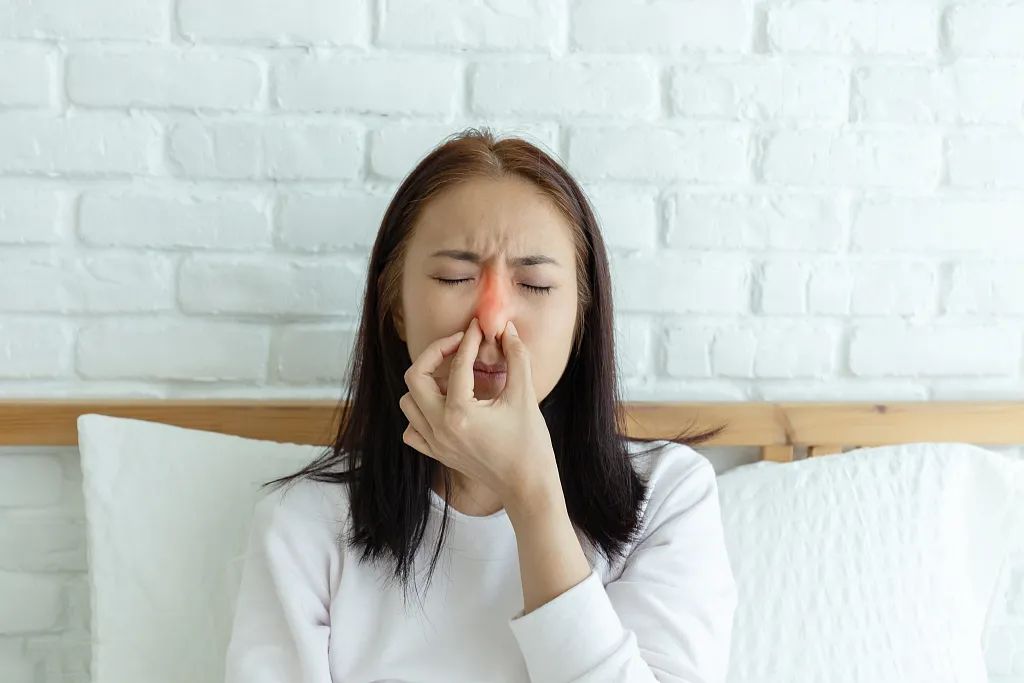 The lungs open to the nose, and the lung fluids fill the nasal passages, resulting in nasal mucus. Nasal mucus can moisten the nasal passages, keeping them clear and ensuring normal respiratory and olfactory functions. Lung diseases can be observed through abnormal nasal mucus. For instance, lung yin deficiency may present as dry nasal passages with no mucus; it is advisable to lower indoor temperatures and maintain humidity. Use 50 grams of tremella, 30 grams of lily, 30 grams of adenophora, and a spoonful of honey, simmered for half an hour, and take 150 milliliters twice daily. Avoid spicy and fried foods. Wind-cold affecting lung qi may present as clear nasal discharge; individuals should ensure fresh air indoors while avoiding further wind-cold exposure. Chinese medicine should be taken warm, and after taking the medicine, rest under a blanket or consume hot porridge to help sweat out the cold. Those with yellow and turbid nasal discharge should clear lung heat; Chinese medicine should be taken cool or slightly warm, and a diet of gentle nourishment should be maintained, ensuring nasal passages remain clear. 5. Saliva: The Fluid of the Kidneys
The lungs open to the nose, and the lung fluids fill the nasal passages, resulting in nasal mucus. Nasal mucus can moisten the nasal passages, keeping them clear and ensuring normal respiratory and olfactory functions. Lung diseases can be observed through abnormal nasal mucus. For instance, lung yin deficiency may present as dry nasal passages with no mucus; it is advisable to lower indoor temperatures and maintain humidity. Use 50 grams of tremella, 30 grams of lily, 30 grams of adenophora, and a spoonful of honey, simmered for half an hour, and take 150 milliliters twice daily. Avoid spicy and fried foods. Wind-cold affecting lung qi may present as clear nasal discharge; individuals should ensure fresh air indoors while avoiding further wind-cold exposure. Chinese medicine should be taken warm, and after taking the medicine, rest under a blanket or consume hot porridge to help sweat out the cold. Those with yellow and turbid nasal discharge should clear lung heat; Chinese medicine should be taken cool or slightly warm, and a diet of gentle nourishment should be maintained, ensuring nasal passages remain clear. 5. Saliva: The Fluid of the Kidneys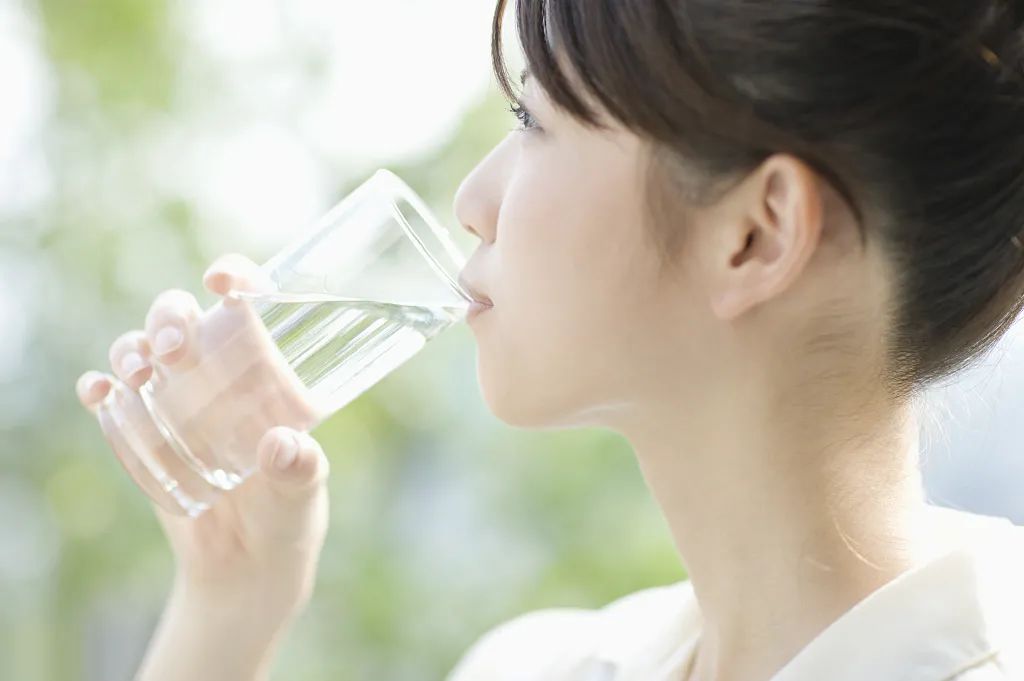 The kidney qi is abundant, and the kidney yin essence fills the mouth as saliva, which moistens the mouth and helps dissolve food.Abnormal changes in saliva can reflect kidney disease. Bitter mouth, dry mouth with little fluid, and weakness in the lower back and knees indicate liver and kidney yin deficiency; one can use goji berries and adenophora decocted in water. Additionally, emotional regulation, rest, and avoiding spicy and irritating foods, as well as tobacco and alcohol, are recommended. Excessive saliva or clear saliva should be treated by warming yang and promoting fluid metabolism. It is advisable to maintain regular routines, prevent external pathogens, keep the skin clean, and consume light and easily digestible foods.Address: No. 592-16, Jiushui East Road, Laoshan District, Building 2Nearby Bus Routes:
The kidney qi is abundant, and the kidney yin essence fills the mouth as saliva, which moistens the mouth and helps dissolve food.Abnormal changes in saliva can reflect kidney disease. Bitter mouth, dry mouth with little fluid, and weakness in the lower back and knees indicate liver and kidney yin deficiency; one can use goji berries and adenophora decocted in water. Additionally, emotional regulation, rest, and avoiding spicy and irritating foods, as well as tobacco and alcohol, are recommended. Excessive saliva or clear saliva should be treated by warming yang and promoting fluid metabolism. It is advisable to maintain regular routines, prevent external pathogens, keep the skin clean, and consume light and easily digestible foods.Address: No. 592-16, Jiushui East Road, Laoshan District, Building 2Nearby Bus Routes: Consultation Phone: 15153262817Yongxin WeChat Live Broadcast Number: (Your attention is welcome)
Consultation Phone: 15153262817Yongxin WeChat Live Broadcast Number: (Your attention is welcome)
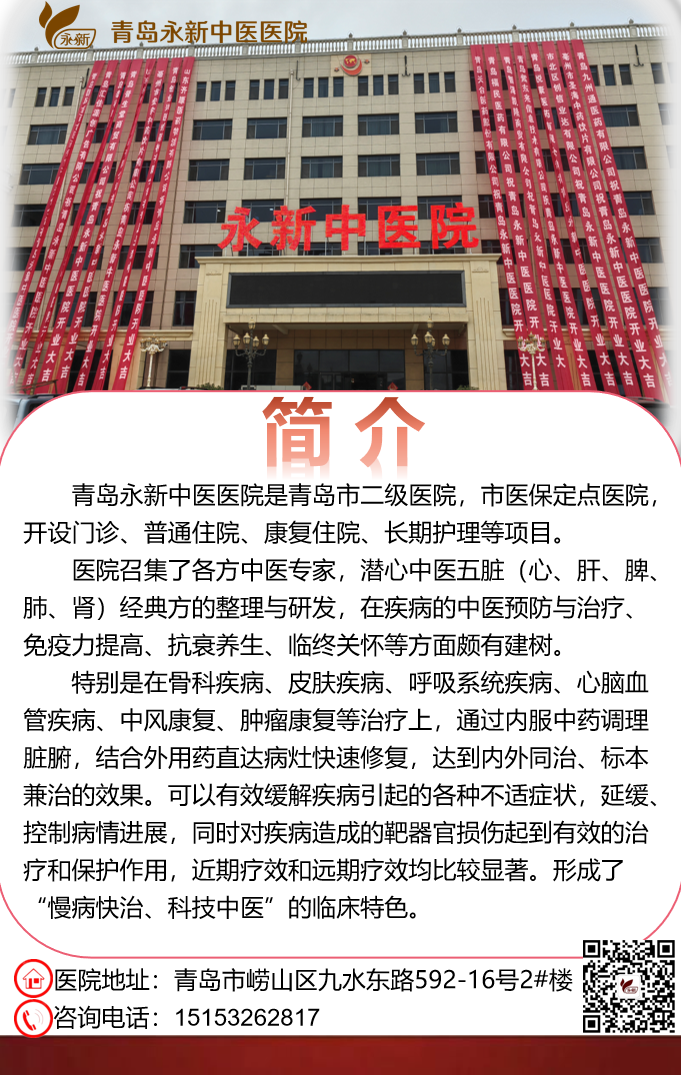
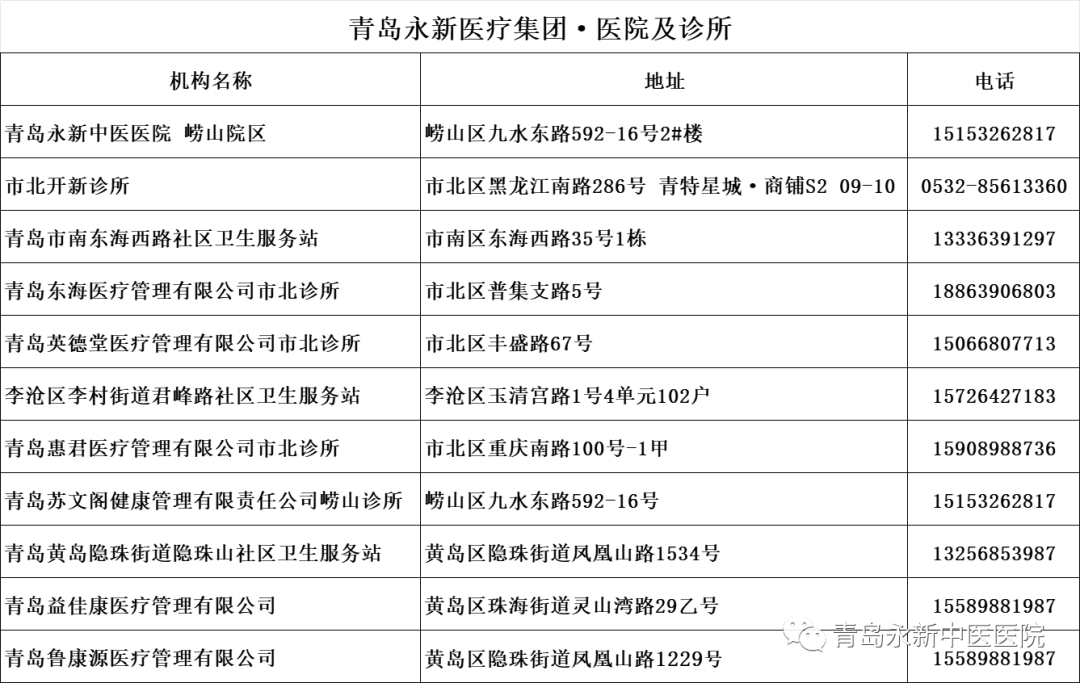
⊙ Copyright Statement: Some text and images are sourced from the internet; please contact us if there is any infringement.

